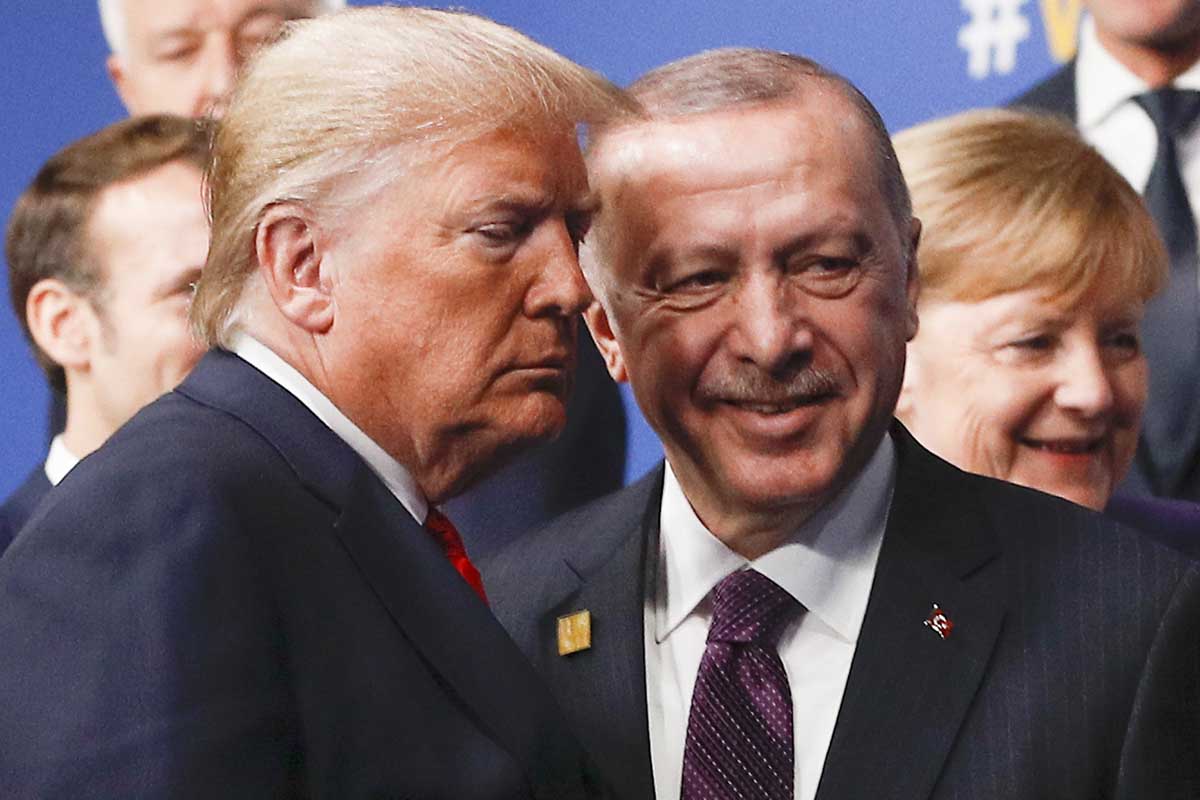It was a diplomatic exit so as not to embarrass the host. In the event, Donald Trump has undermined the North Atlantic Treaty Alliance, as he had once debunked the United Nations as an anachronism. The US President’s decidedly low-key exit from the summit has been perceived as a snub to the host government, indeed an unwarranted expression of unceremonious diplomacy. Ironically enough, it has come as a relief of sorts to Boris Johnson, now bracing for the third election in as many years… on which will largely depend the fruition of Brexit.
Ergo, the shaking of hands at the start of the summit was, as it turns out, no more than a photoop, a contrived expression of simulated bonhomie. The British Prime Minister is said to have maintained a calculated distance from the US President at the summit of the great and the good not the least because he is acutely aware that their similarities or diplomatic proximity might adversely impact the vote. Mr Trump is a supporter of Brexit and praises Mr Johnson as the man to deliver, but his presence in the country was an electoral hazard for the Conservatives.
Advertisement
Small wonder that the trans- Atlantic Trump-Johnson axis has been referred to as a toxic alliance. There are some British voters who admire Trump or at least find him entertaining, but the majority do not. There is no electoral advantage for a Tory leader to be liked by a US President who is known (is ‘notorious’ the right word?) for his dishonesty, ignorance, narcissism and chauvinism. To that can be added the dangerous risk of facing impeachment proceedings.
Though the two leaders maintained a choreographed distance from one another, there can be no denying the ideological proximity. The year 2016 was witness to two major developments ~ the Brexit referendum and Mr Trump’s election. It has been deemed as “twin ballot-box traumas” , indeed an assault on the institutional framework that has influenced European peace and prosperity since the Second World War. Mr Trump has been openly contemptuous of EU leaders and has initiated a destructive tariff war.
Mr Johnson was known in Brussels as a “propagandising Eurosceptic journalist” before he was ever elected as an MP. His reputation or the lack of it preceded his entry to 10 Downing Street. Realpolitik compels continental leaders to do business with both men, but the sense that Britain and the US are now plagued by a divisive political culture has opened dangerous divisions.
There was no discord at the Nato summit, but the US President seemed less than comfortable in the British Prime Minister’s company. Brexit translates to an exit from the European Union; Europe remains an enduring geographical expression. The momentous change, should it materialise, lends no scope for what they call a “European franchise of Trumpism”.
